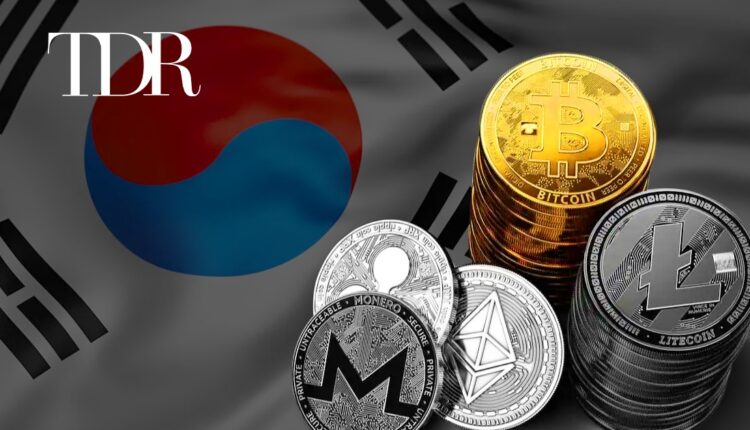
South Korea Revises Donations Act to Exclude Crypto Donations
The TDR Three Key Takeaways regarding South Korea Revises Donations Act to Exclude Crypto Donations:
- South Korea limits crypto donations, focusing on regulated digital assets.
- The countries revised Donations Act reflects caution toward crypto.
- Crypto exclusions and tax delays shape South Korea’s digital asset policy.
The South Korean Ministry of Public Administration has revised the “Donations Act,” which now excludes cryptocurrency as a legitimate means of donation. This decision has drawn attention, especially given the country’s evolving stance on digital assets. The amendment was reported on May 5th by Kyunghyang Shinmun, highlighting the nation’s cautious approach to crypto donations and the need to regulate such transactions.
This change aligns with South Korea’s broader regulatory landscape, where the country is aiming to establish a legal framework for cryptocurrencies and related activities. The government is currently debating several crypto-related proposals as part of the Digital Asset Basic Act, which is expected to address issues like anonymous trading and money laundering.
South Korea has also taken steps to enhance transparency in the digital asset space, requiring officials to disclose their crypto holdings. The country’s existing crypto regulation includes licensing requirements for virtual asset service providers, along with strict reporting standards to prevent illegal activities.
The new Donations Act permits donations through KRW-pegged stablecoins and blockchain-issued gift vouchers but excludes popular cryptocurrencies, impacting the philanthropy landscape in South Korea. This approach reflects a general apprehension toward digital assets, given their association with criminal activities. The government is also cautious about potential centralization, which may arise from stringent regulations that favor larger exchanges.
The ruling People Power Party has proposed a two-year delay in implementing crypto tax laws, aiming to establish a tax base for digital assets.Overall, while South Korea remains open to regulated digital asset donations, the government’s cautious approach highlights the complexities and risks associated with cryptocurrency donations and their regulatory implications. To keep up to date with all of TDR’s research and news, subscribe to our daily Baked In newsletter.



